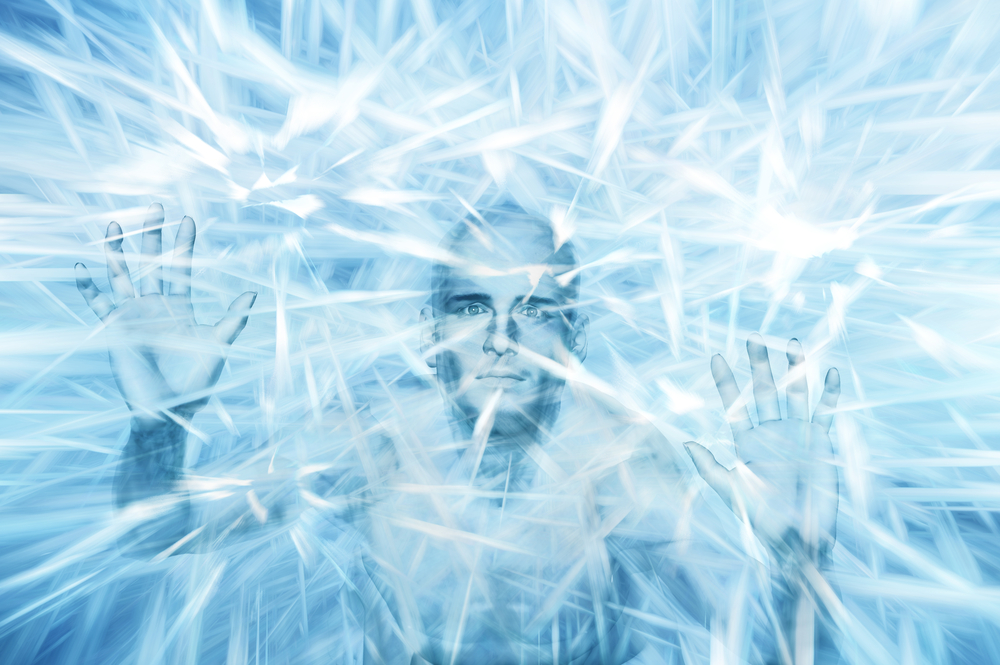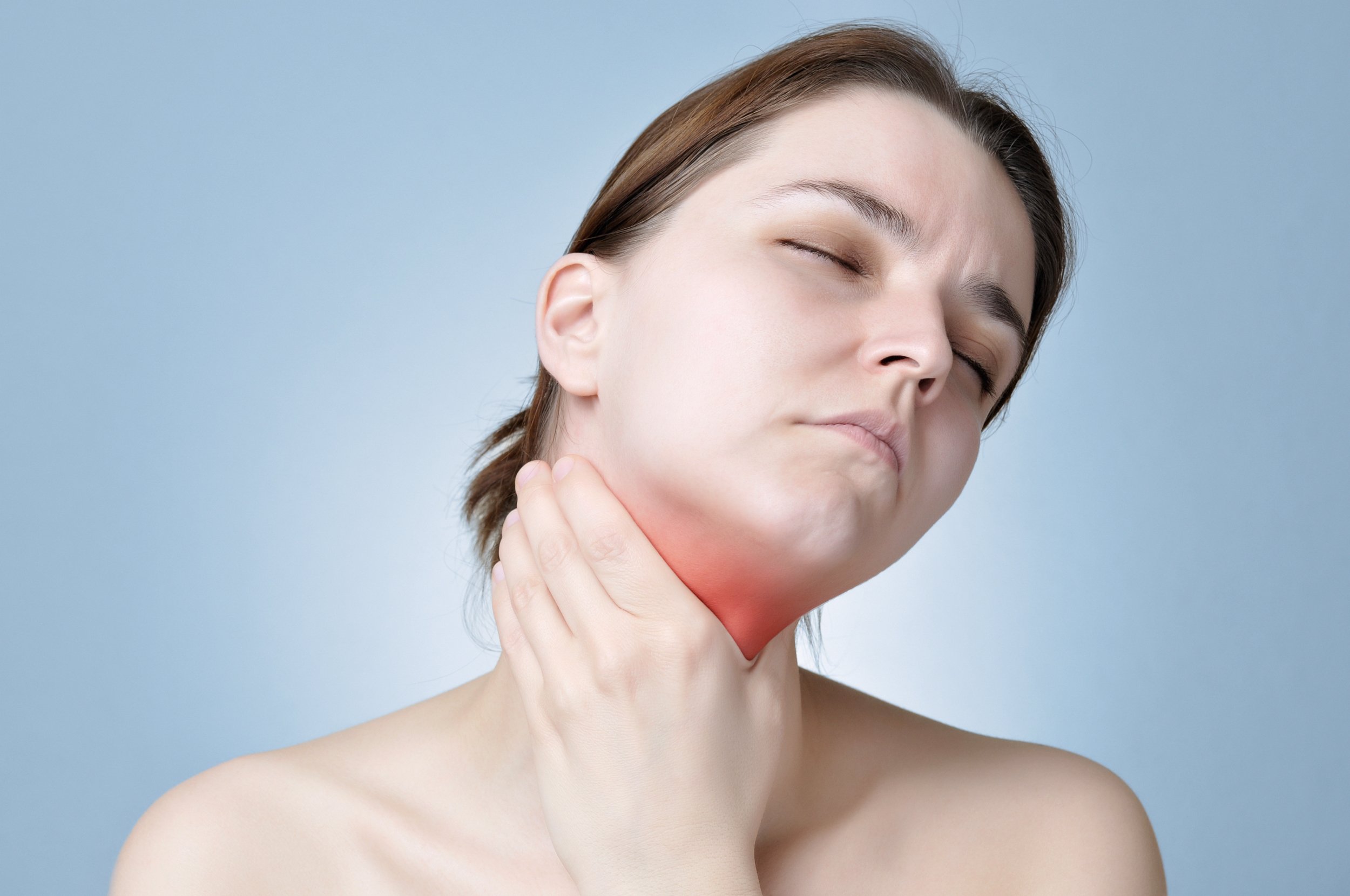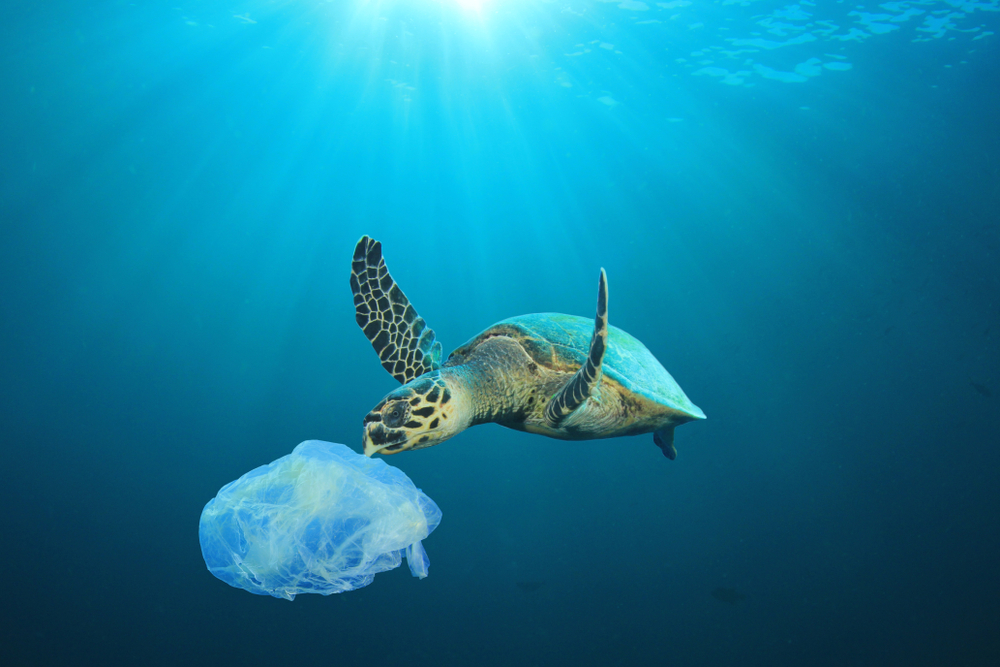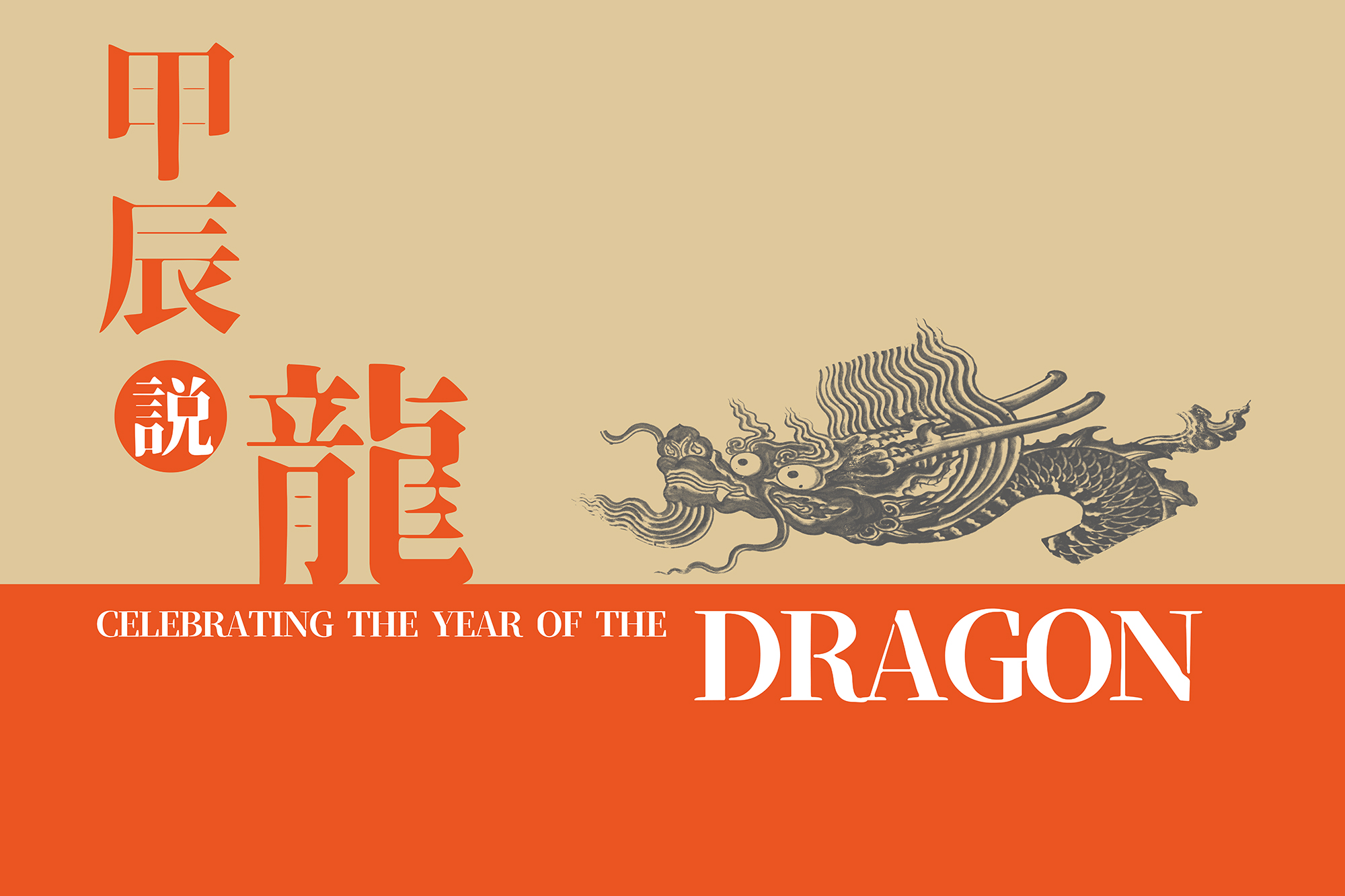English
繁體中文
简体中文

Imagine being trapped in a freezing body from head to toe, losing the ability to move, speak and even breathe. ALS, a mysterious condition that causes these symptoms, has long puzzled researchers. CUHK and University of Oxford researchers have discovered our bodies work like an intricate symphony orchestrated by our genetic instructions. A transcription factor called Yin Yang 1 (YY1) is playing the wrong notes, potentially leading to ALS.

Cardiovascular disease, hypertension and diabetes are considered diseases of affluence – and now another potential candidate has been added to the list. Researchers from CUHK and APRU found a surprising correlation between per capita GDP and laryngeal cancer instance rates, which are alarmingly high in the Caribbean and Europe due to unhealthy lifestyles. In addition, women in Japan, Switzerland and the Czech Republic are defying the global trend to register an increasing number of cases.

Prepare to be amazed by what kombucha can become. CUHK researchers have discovered that this beloved beverage holds the key to eco-friendly food packaging. It can be used to make a bio-based material that stretches like plastic but decomposes naturally, promising to revolutionise packaging. Best of all, it’s harmless and can even be eaten. Goodbye plastic pollution, thanks to the extraordinary potential of kombucha.

Dragons are intimately intertwined with Chinese culture – so much so that we’re not even sure of these mythological creatures’ origins. Whether they be an offshoot of ancient religious worship, a composite of animals like alligators, snakes or something else, they have long fascinated scholars. As a recent CUHK exhibition demonstrated, ancient Chinese artefacts with dragon designs can profoundly illuminate socio-cultural attitudes of people across different times.

Countries and regions worldwide fiercely compete to attract top talent. Support and infrastructure play a crucial role in academics’ and scientists’ decisions about where to pursue their research endeavours. Five world-renowned scientists have recently joined CUHK to establish cutting-edge STEM labs in Hong Kong. Let’s find out what drew them to do so and what they aspire to accomplish.